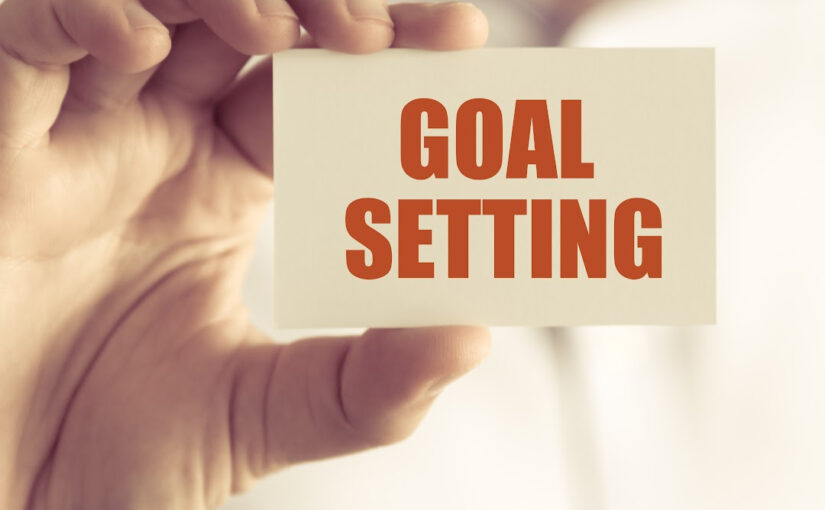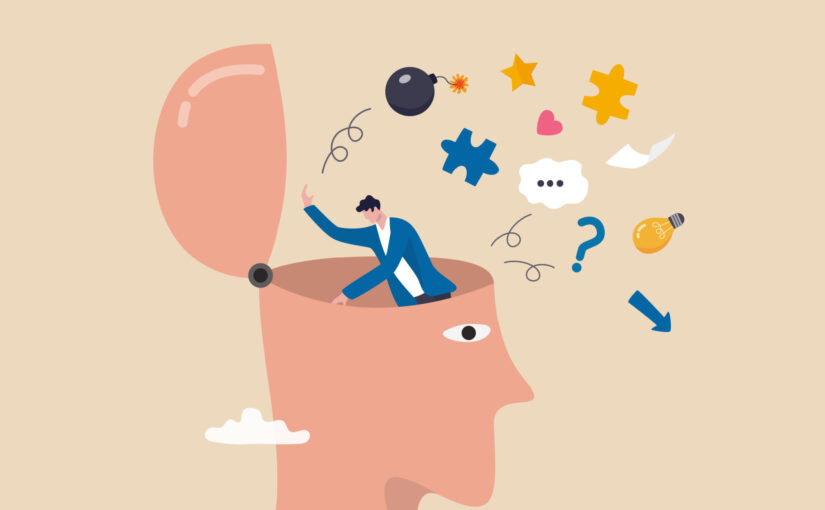We want to do it all. But we must stay engaged with our goals in order to stay motivated.
Doing it all is a common goal, but too often we become distracted or bored. Sometimes, making it difficult to stay engaged with life.
Enter A World Of Organization
With a sense of organization around us, we can engage wholeheartedly with what we do, and in turn, keep that passion and excitement for life abuzz.
So let’s rock this world together with iStratus!
The most interesting thing with all of this is that – there’s no singular solution or idea, which ensures engagement happens. Engagement is something that cannot be forced.
The truth is, the more disorganized we feel, the more we become of change. It can do the opposite of what we hope to achieve.
So, where does that leave us?
Let’s look at what’s at the heart of motivation and maintaining engagement in what we do in our daily lives.
Are you interested in reading this?
It is quite a simple question. And an important one, we need to know that we are truly interested in reaching a goal before we decide to tackle it.
You see, that’s what engagement is…
If we actively read, listen, and then formulate our own opinion, feelings, or view regarding a topic or issue, then immediately we’re more engaged.
Ultimately iStratus wishes to tap into those needs, and inner thoughts regardless of what we’re doing or need to do. At the end of that, we’ll feel far more motivated and engaged, or tuned in.
Small Actions, Big Impact
Fortunately, it doesn’t take much for us to shift momentum or direction. The smallest changes can have the biggest impact.
Every day we engage with each other is another day we create connected experiences in our environment, no matter where we are. The time is now.
Let’s Break Down Barriers
It’s not a secret that if we understand what we’re dealing with, we’re more likely to use knowledge or apply something in a practical sense. That’s exactly what iStratus hopes to achieve for you. Break processes down so that things become easier and help maintain your interest, so that you don’t feel like a headless chicken. Typically, when we don’t have a clear process, direction, or we feel disconnected from something, we will automatically zone out. Simply put, that engagement and desire are lost.
A Voice and A Choice
The most important resource for all success stories is ourselves. Simply put this means that by giving ourselves a voice, we take ownership of staying motivated, rather than merely just doing it. At iStratus, we strongly believe having a place to categorize tasks or notate our direction for ourselves allows us to complete the items on our checklists.
Ultimately if we highlight our areas of strength, areas for improvement, it then becomes a process of reflection, which goes a long way towards maintaining motivation.
“The only lifelong, reliable motivations are those that come from within, and one of the strongest of those is the joy and pride that grow from knowing that you’ve just done something as well as you can do it.”
~ Lloyd Dobyns and Clare Crawford-Mason
Let’s Us Repeat: Stay Motivated and Engaged By “Doing”
Hooking into excitement is key. — If we’re excited, the principle is simple engagement and connection to what we do will take place.
None of us are magicians, we cannot force anything — but we must choose to do something for there to be a difference. This choice is made easier when we make the connection right from the get-go. The question of: Are you truly interested in this? Matters. Let’s go down that rabbit hole of organizing and “doing” that leads to progress, synchronously increasing our zest for life and staying motivated.
Finally, there’s no substitute for experience, communication, and critical thinking skills. So let’s stay engaged with information, which is indeed at the very essence of utilizing what’s right in the palm of our hands.









